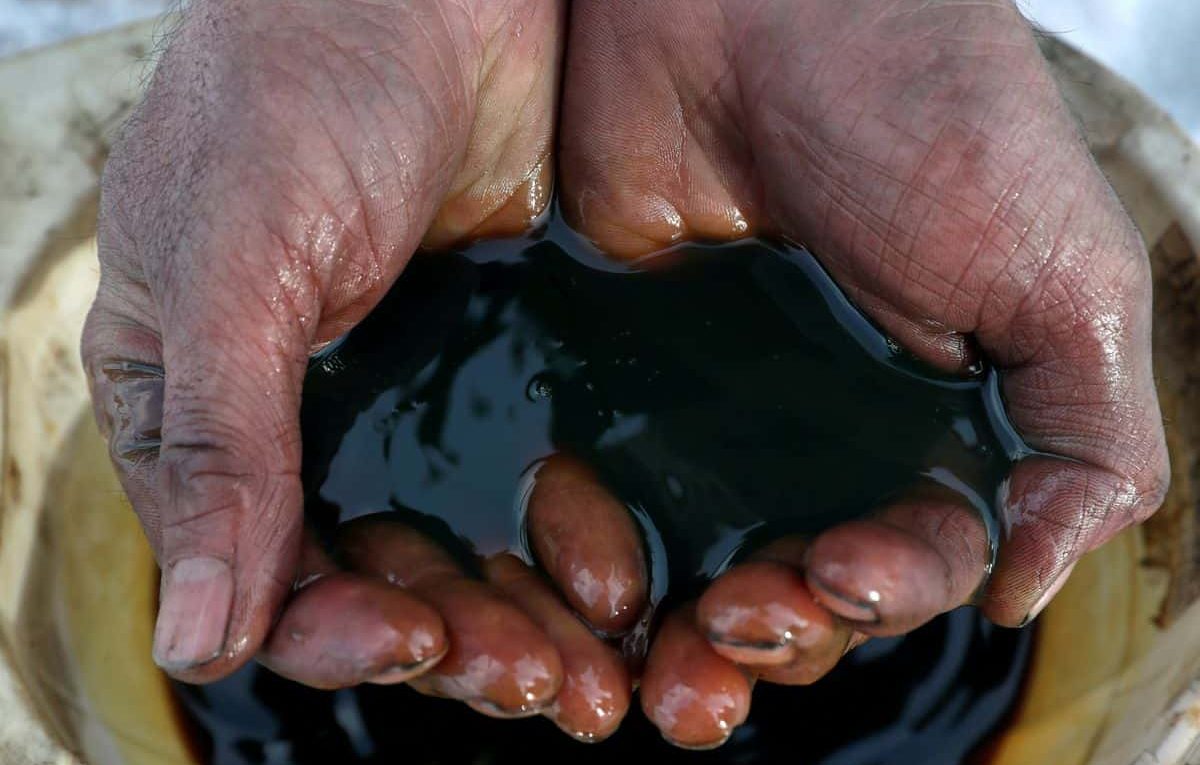Oil price cap on Russian oil will benefit emerging markets, help constrain Putin’s finances: US
The United States has welcomed Russia’s $60-per-barrel oil price cap, describing it as an “important tool” that will benefit emerging markets and lower-income economies and further cripple President Vladimir Putin’s financial resources used to fund his “brutal invasion”. in Ukraine.
The European Union reached an agreement on Friday to cap the price of a barrel of Russian oil at $60 USD. The G7 and Australia have joined the European Union in adopting a cap on Russian oil prices, with the goal of dramatically reducing Moscow’s income and President Putin’s ability to continue financing the war in Ukraine.
Europe needed to work out the lower price other countries would pay by Monday when the EU’s ban on shipping Russian oil by sea and a ban on insurance for those supplies take effect.
“The price cap will encourage the flow of discounted Russian oil into global markets and is designed to help protect consumers and businesses from global supply disruptions,” US Treasury Secretary Janet Yellen said on Friday.
And she said after the Group of Seven, the European Union and Australia jointly set a ceiling for the price of Russian crude oil transported by sea.
Next week, the price cap coalition will ban a wide range of services – including marine insurance and trade finance – related to the sea transportation of crude oil from the Russian Federation unless buyers buy oil at US$60 or less per barrel.
Importers who buy Russian oil at or below the price cap will retain access to a range of coalition countries’ vital oil trading services. On February 5, 2023, this ban on services will extend to the sea transportation of petroleum products of Russian origin unless the products are sold at or below the cap that will be announced before February 5.
The United States has said price caps are an “important tool” to limit the revenue Russia receives to fund its illegal war in Ukraine, while maintaining a reliable supply of oil on global markets.
The United States said in a statement that this policy is particularly important to provide oil supplies in low- and middle-income countries that have been hit hard by the effects of the Russian war.
“Whether these countries buy energy inside or outside the ceiling, the cap will enable them to bargain for deeper discounts on Russian oil and benefit from greater stability in global energy markets,” Yellen said.
“Today’s action will also help further constrain Putin’s finances and limit the revenue he is using to fund his brutal invasion. With the Russian economy already contracting and its budget increasingly shrinking, the price cap would immediately reduce Putin’s most important source of income,” he said.
Read also: India’s foreign exchange reserves grew by US$2.9 billion to US$550.14 billion
Yellen said she looks forward to more close coordination with U.S. allies on price cap implementation, and their unified efforts against Russia’s unprovoked aggression.
The Treasury Department said the rate cap would be of particular benefit to emerging markets and low-income economies that are highly vulnerable to rising energy prices.
Russia’s war in Ukraine has disrupted energy markets and caused widespread economic hardship, from natural gas shortages in Europe to soaring oil prices around the world.
“Rising energy prices have proven to be particularly detrimental to those economies that are most vulnerable to energy price shocks. These economies are well positioned to benefit from the effect of the price cap on prices for two reasons,” the report said.
First, the member states of the price cap coalition are already committed to banning or phasing out imports of Russian oil and would not directly benefit from lower prices.
Accordingly, it is potential buyers elsewhere – especially emerging markets – who will benefit directly from Russia’s lower-cost oil.
Second, emerging market and low-income economies are generally more vulnerable to price shocks than advanced economies. The Treasury Department said the price cap particularly benefits importers from these countries by helping to stabilize global oil prices.
Russia’s foreign minister, Sergey Lavrov, said on Tuesday that Moscow is not bothered about the price cap imposed by the West on its oil exports.
“We are not interested in what the price cap will be, we will negotiate with our partners directly, and partners who continue to work with us will not consider these caps and will not give any guarantees to those who give them illegally,” he was quoted as saying by the state-run Tass news agency.
Lavrov stressed that there is always a balance of interests in negotiations with India, China, Turkey and other major buyers of Russian energy resources in terms of timing, volumes and prices.
“The decision should be made on a mutual basis between producers and consumers, and not who decided to punish someone,” said the Russian Foreign Minister.
